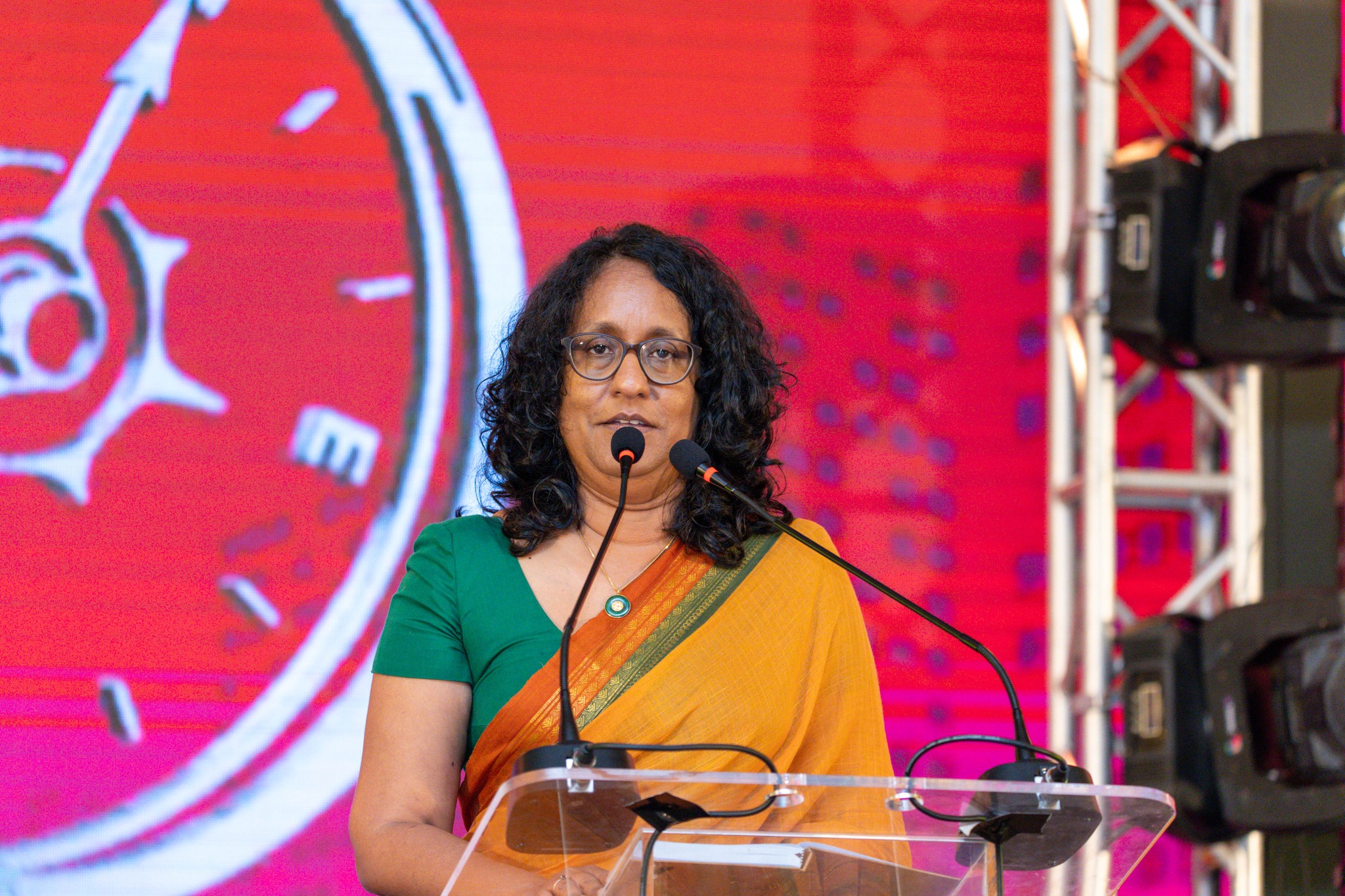An investigative report by Jaffna based organisation, The Social Architects (TSA), confirmed that public health officials committed serious violations of women’s rights to informed consent, reproductive autonomy and health.
Following recent news of coercive birth control in the North-East, TSA visited investigated areas and villages where Internally Displaced Persons had been settled to rebuild their lives.
Following research in the regions, whilst under constant surveillance of the military, the organisation reached eight conclusions.
The following conclusions were found in the report:
1. Women in these villages lack adequate access to primary care.
2. Women lack adequate access to quality contraceptive services.
3. Public health workers asked women to come to a government sponsored nutrition clinic under false pretences.
4. Government health workers coerced women into taking implant.
5. Government health workers did not provide adequate counselling and women did not give full and informed consent.
6. Government health workers failed to conduct adequate medical pre-screening and to provide post-implant care instructions.
7. Public health employees failed to provide information to women who accepted the implant.
8. Women feel unsafe asking doctors questions. Government employees have told their subordinates to remain silent on the issue-perpetuating a culture of impunity.

